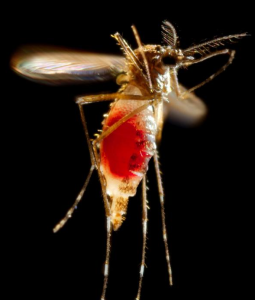French health officials notified the World Health Organization (WHO) of two cases of Guillain-Barré Syndrome (GBS) in the Caribbean island of Martinique. Both cases tested positive for Zika virus.

Details of the two cases are as follows:
- The first case is a 19-year-old with onset of symptoms (paraesthesia of hands and feet) on 26 December. Urine samples, which were taken on 7 January, tested positive for Zika virus by reverse transcription polymerase chain reaction (RT-PCR) at the University Hospital of Martinique. Currently, the patient is being intubated and ventilated in an intensive care unit.
- The second case is a 55-year-old who was admitted to an intensive care unit on 21 January. On the same day, urine samples were collected from the patient. The samples tested positive for Zika virus by RT-PCR at the University Hospital of Martinique. Currently, the patient is being ventilated because of his respiratory failure.
WHO states that this report provides further evidence of a causal relationship between Zika virus infection and GBS. These two cases do not represent an unusual increase of GBS in Martinique. However, further investigations are needed to understand the potential role of Zika virus in the pathogenesis of GBS.
Guillain-Barré syndrome is a rare condition in which a person’s immune system attacks their peripheral nerves. People of all ages can be affected, but it is more common in adults and in males.
Most people recover fully from even the most severe cases of Guillain-Barré syndrome. Severe cases of Guillain-Barré syndrome are rare, but can result in near-total paralysis.
People with Guillain-Barré syndrome should be treated and monitored; some may need intensive care. Treatment includes supportive care and some immunological therapies.
Related:


3 thoughts on “Martinique reports two Zika-related Guillain-Barré syndrome cases”